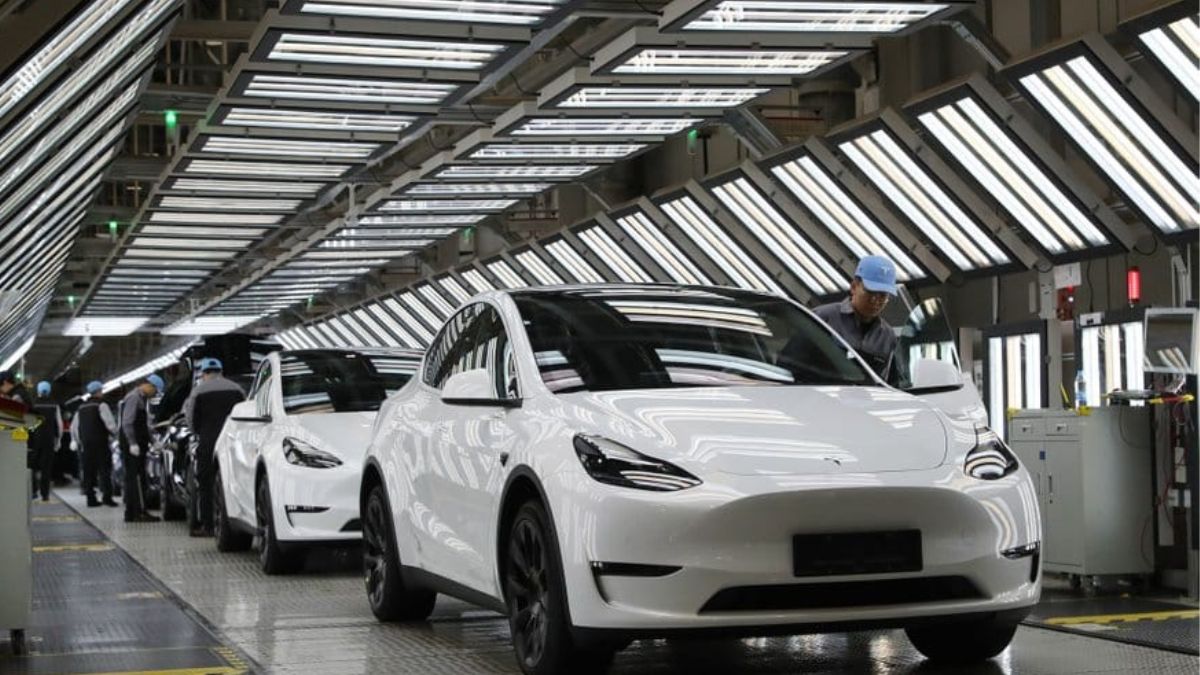In recent months, South Korea has witnessed a significant surge in the presence of China-made electric vehicles (EVs), notably Tesla models produced in Shanghai and a variety of electric buses. This influx reflects a broader trend in the automotive industry, as global competition intensifies and consumers increasingly prioritize sustainability.
Shanghai-made Teslas have become a common sight on South Korean roads, appealing to tech-savvy consumers drawn to their advanced features and competitive pricing. As the Korean market embraces EVs, the allure of these models is enhanced by their reputation for innovation and performance. Analysts suggest that the availability of these vehicles could shift consumer preferences, challenging established local brands.
Electric buses from Chinese manufacturers are also making an impact, particularly in urban areas. With the Korean government promoting greener public transportation solutions, cities are turning to these cost-effective and environmentally friendly alternatives. The adoption of electric buses aligns with national goals to reduce carbon emissions and improve air quality, further facilitating the integration of Chinese technology into daily life.
Despite the growing popularity of these vehicles, the move is not without concerns. Local automakers fear that the influx of Chinese EVs could undermine their market share and stifle innovation. In response, Korean manufacturers are ramping up efforts to enhance their electric offerings, investing in research and development to compete more effectively.
As South Korea continues its transition to electric mobility, the presence of China-made vehicles raises important questions about the future of the automotive landscape in the region. While consumers benefit from increased choices and lower prices, the challenge remains for local companies to adapt and thrive in this rapidly evolving market. The competition is fierce, and the outcome could redefine the future of transportation in Korea.

